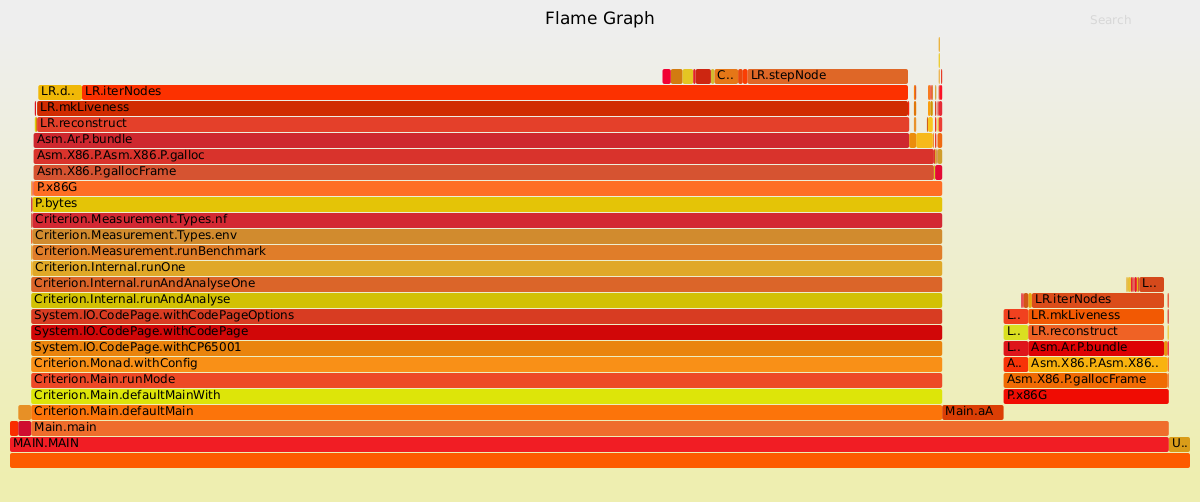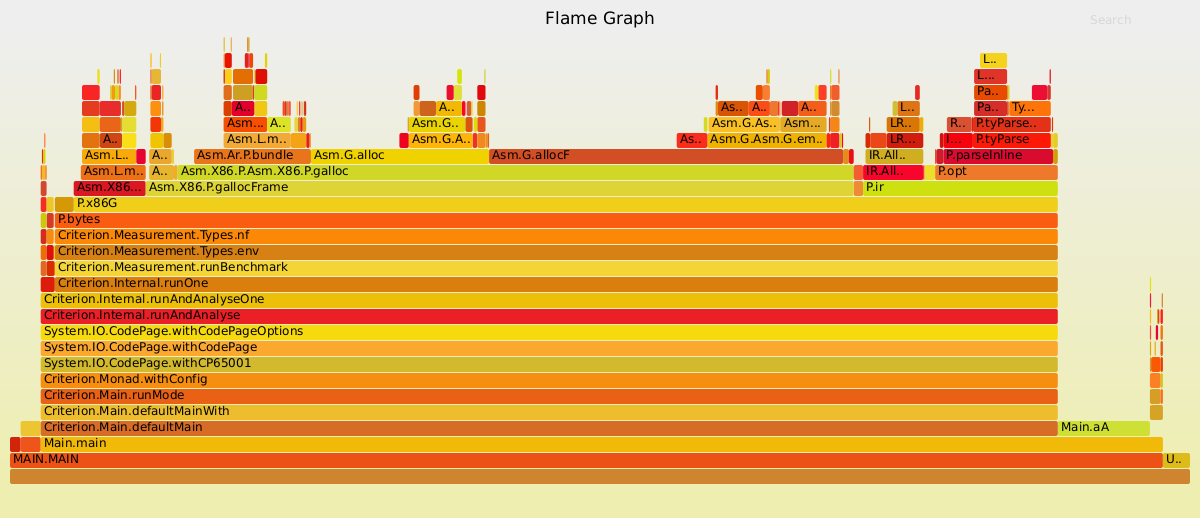Building a respectable compiler requires basic blocks in order for liveness analysis to be performant. Consider my own Apple compiler:

Compilation was dominated by mkLiveness and moreover simple functions took tens
of milliseconds to compile.
benchmarking pipeline/bytes (gamma)
time 62.52 ms (62.14 ms .. 62.86 ms)
1.000 R² (1.000 R² .. 1.000 R²)
mean 62.54 ms (62.29 ms .. 62.80 ms)
std dev 470.3 μs (308.3 μs .. 657.9 μs)
benchmarking pipeline/bytes (fcdf)
time 108.3 ms (106.6 ms .. 110.5 ms)
1.000 R² (0.999 R² .. 1.000 R²)
mean 106.1 ms (105.4 ms .. 107.1 ms)
std dev 1.288 ms (696.6 μs .. 2.067 ms)
After rewriting to use basic blocks, compilation times were less than 20ms, a far better user experience. Moreover, liveness analysis no longer dominates.
benchmarking pipeline/bytes (gamma)
time 5.313 ms (5.171 ms .. 5.485 ms)
0.994 R² (0.991 R² .. 0.997 R²)
mean 5.166 ms (5.087 ms .. 5.262 ms)
std dev 267.0 μs (218.5 μs .. 321.2 μs)
variance introduced by outliers: 29% (moderately inflated)
benchmarking pipeline/bytes (fcdf)
time 10.42 ms (9.838 ms .. 10.96 ms)
0.982 R² (0.971 R² .. 0.991 R²)
mean 12.13 ms (11.71 ms .. 12.55 ms)
std dev 1.090 ms (907.0 μs .. 1.409 ms)
variance introduced by outliers: 48% (moderately inflated)

Appel mentions basic blocks as an advanced optimization but does not fill in details; the precise implementation in Haskell is instructive and elegant.
First, we define uBB, dBB to simulate uses and defs on a basic block:
uBB, dBB :: E reg => [X86 reg freg a] -> IS.IntSet
uBB = foldr (\p n -> uses p `IS.union` (n IS.\\ defs p)) IS.empty
dBB = foldMap defs
Note that foldr processes instructions in reverse execution order.
Then, to get liveness information for each instruction, we apply the liveness equations (each instruction has one successor in a basic block):
\( {\tt in}[n]={\tt uses}[n]\cup ({\tt out}[n]~\backslash~{\tt defs}[n])\)
\( {\tt out}[n]={\tt in}[succ(n)]\)
Using the live-out information for the basic block as an initial value, we proceed in reverse order:
data Liveness = Liveness { ins :: !IS.IntSet, out :: !IS.IntSet, fins :: !IS.IntSet, fout :: !IS.IntSet }
deriving (Eq)
data BB arch reg freg a b = BB { unBB :: [arch reg freg a], caBB :: b }
expand :: (E reg, E freg) => BB X86 reg freg () Liveness -> [X86 reg freg Liveness]
expand (BB asms@(_:_) li) = scanr (\n p -> lN n (ann p)) lS iasms
where lN a s =
let ai=uses a <> (ao IS.\\ defs a)
ao=ins s
aif=usesF a <> (aof IS.\\ defsF a)
aof=fins s
in a $> Liveness ai ao aif aof
lS = let ao=out li
aof=fout li
in asm $> Liveness (uses asm `IS.union` (ao `IS.difference` defs asm)) ao (usesF asm `IS.union` (aof `IS.difference` defsF asm)) aof
(iasms, asm) = (init asms, last asms)
expand _ = []

